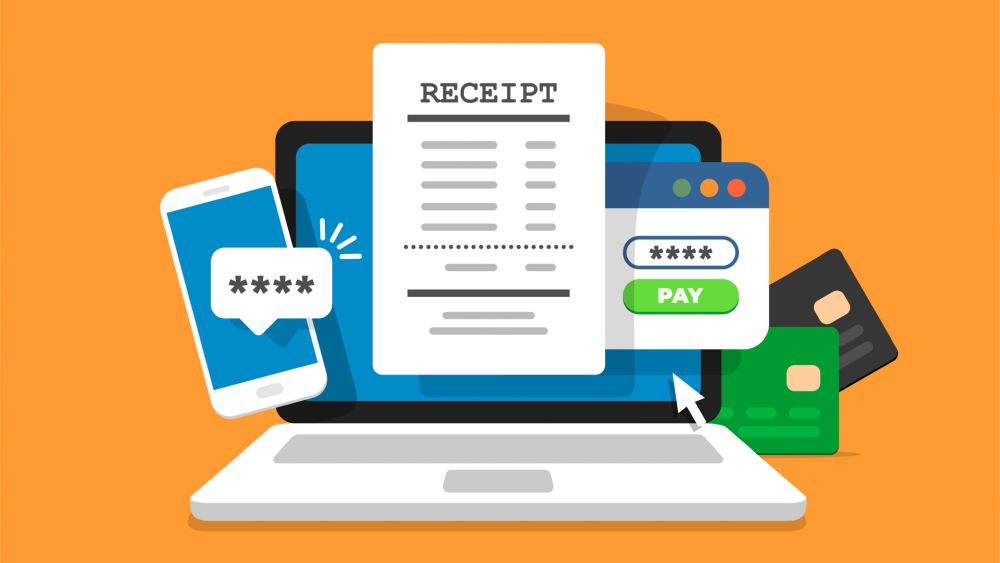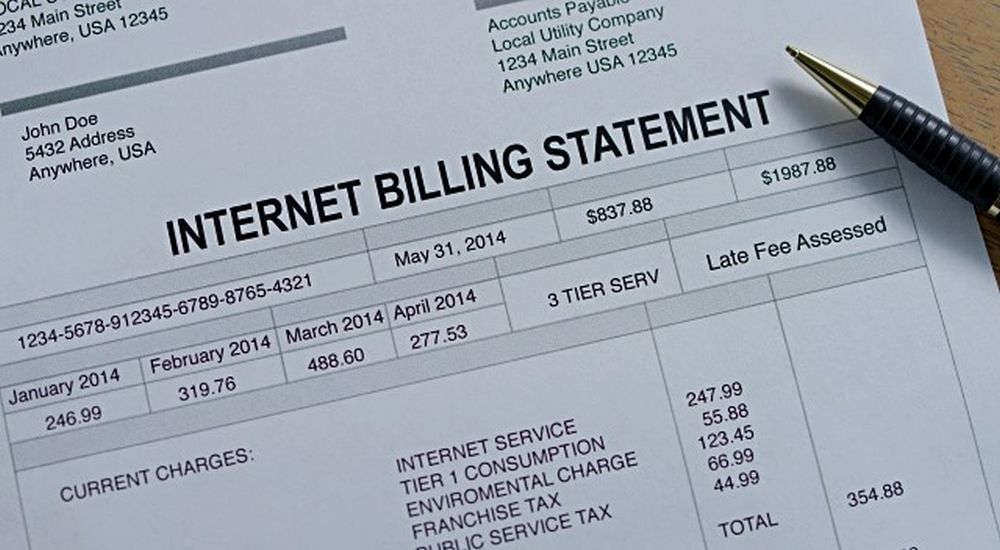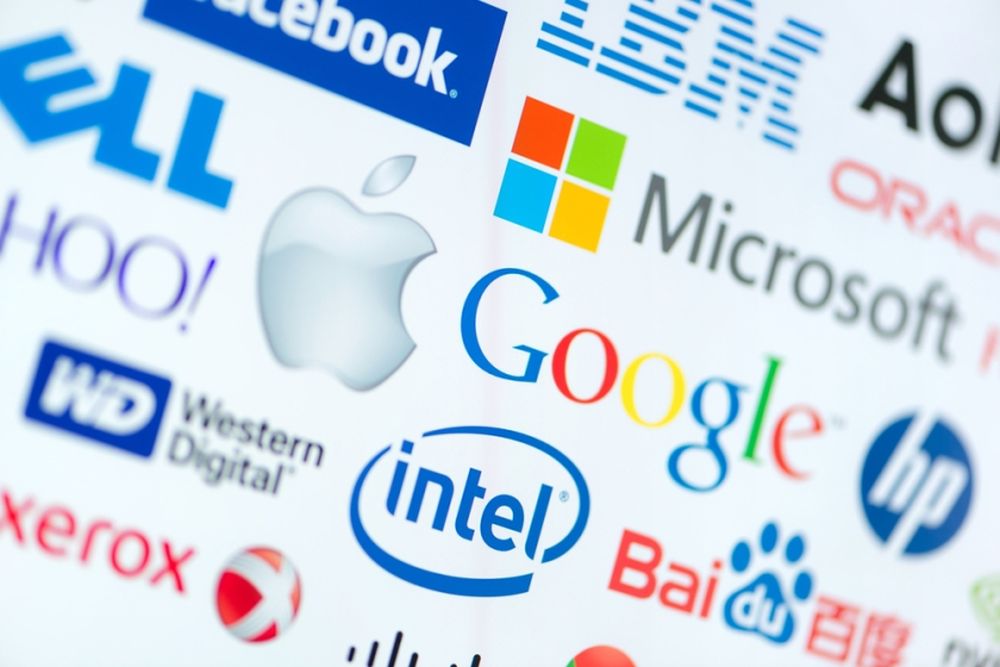Now that the Affordable Connectivity Program (ACP) has depleted its funds, the discussion around finding sustainable ways to support low-income individuals with their internet bills has intensified. USTelecom, a trade group representing internet providers like AT&T and Verizon, has proposed a controversial solution: making Big Tech companies contribute to a revamped version of the program through the Federal Communications Commission’s Universal Service Fund (USF).

The USF, created in 1996, was designed to provide subsidies for internet access, infrastructure in rural areas, and low-income phone services. However, with the rapid evolution of communication services, the system is struggling to keep up, leading to calls for modernization and reform. USTelecom’s suggestion to include internet platforms in the regulatory framework marks a significant departure from the current model and aims to distribute the financial responsibility more equitably across the tech industry.

While USTelecom’s proposal may face backlash from Big Tech giants, who have traditionally avoided contributing to universal service initiatives, the trade group argues that redistributing costs could result in significant savings for consumers. By spreading out the burden, the USF fee on consumer bills could potentially decrease by up to 90%, making internet access more affordable for households across the country. However, legal challenges, including a pending Supreme Court decision on the constitutionality of the USF, could pose a significant obstacle to the proposed reforms.

In the midst of legislative efforts to explore new revenue streams from digital advertising and user fees on internet platforms, the debate over involving Big Tech in subsidizing internet bills for low-income Americans continues to unfold. The overarching goal remains clear: to ensure universal connectivity and bridge the digital divide in a rapidly evolving technological landscape.

